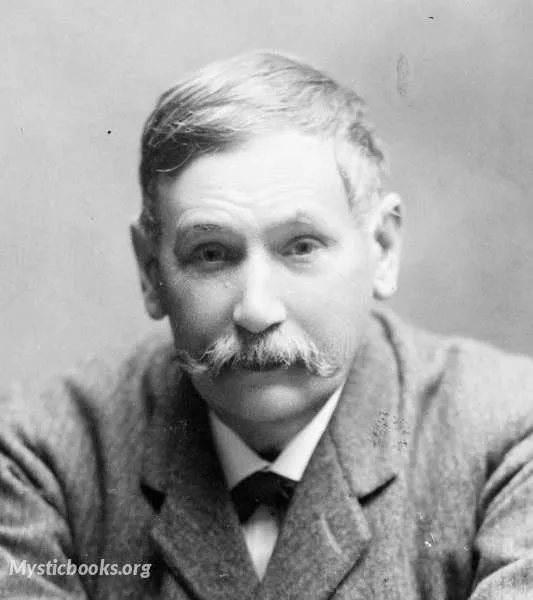
Timeline
Title
Country/Nationality
Benito Pérez Galdós
Benito Pérez Galdós a Spanish realist novelist. He was the leading literary figure in 19th-century Spain, and some scholars consider him second only to Miguel de Cervantes in stature as a Spanish novelist.
Galdós was a prolific writer, publishing 31 novels, 46 Episodios Nacionales (National Episodes), 23 plays, and the equivalent of 20 volumes of shorter fiction, journalism and other writings. He remains popular in Spain, and is considered as equal to Dickens, Balzac and Tolstoy. Some of his works have been translated into English, as he has slowly become popular in the Anglophone world.
While his plays are generally considered to be less successful than his novels, Realidad (1892) is important in the history of realism in the Spanish theatre.The Galdós museum in Las Palmas, Gran Canaria features a portrait of the writer by Joaquín Sorolla.
Benito Pérez Galdós was born in his family’s home, located in Calle Cano in Las Palmas de Gran Canaria (currently know as the Casa-Museo or House-Museum Pérez Galdós) on the 10th May 1843. He studied at San Agustín school, where he was taught by teachers trained in the principles of the Enlightenment. In 1862, after having completed his secondary studies, he travelled to Tenerife in order to obtain his certificate in Bachillerato in Arts. That same year he moved to Madrid to start his Law degree, but he did not complete his studies.
By 1865, he was publishing articles in La Nación on literature, art, music, and politics and it was clear that he was not going to pursue a legal career. His first attempt at a literary career came in 1867, when a didactic historical verse drama was rejected.[3] His next venture into the theatre did not take place until 1892.
He had already become enthusiastic about the novels of Charles Dickens and, in 1868, his translation of Pickwick Papers introduced his work to the Spanish public. The previous year, he had visited Paris and had begun to read the works of Balzac.
He next developed the outline of a major project, the Episodios Nacionales: a series of historical novels outlining the major events in Spanish history from the Battle of Trafalgar in 1805 to his own times.
Despite his attacks on the forces of conservatism, Galdós had shown only a weak interest in being directly involved in politics. In 1886 the Prime Minister Práxedes Mateo Sagasta appointed him as the (absent) deputy for the town and district of Guayama, Puerto Rico at the Madrid parliament; he never visited the place, but had a representative inform him of the status of the area and felt a duty to represent its inhabitants appropriately. This appointment lasted for five years and mainly seems to have given him the chance to observe the conduct of politics at first hand, which informs scenes in some of his novels.
By 1907, however, there was no sign of national regeneration and the government of the day was making no attempt to control or limit the powers of the Catholic Church. At the age of 64, he re-entered the political arena as a Republican deputy. He seems to have undertaken the task of uniting the anti-monarchic groups, which included Democrats, Republicans, liberals and socialists. He even approached the Marxist leader Pablo Iglesias and persuaded him to join a new organisation called La Conjunción Republicano-socialista, with Galdós as its titular head.
In 1914, he was the Republican candidate for Las Palmas, but this was more of a local tribute to him. In 1918, he joined in a protest with Miguel de Unamuno and Mariano de Cavia against the encroaching censorship and authoritarianism coming from the putatively constitutional monarch. He had been blind since 1912, was in financial difficulties and increasingly troubled by illness.
He was nominated for the Nobel Prize in Literature for five years, 1912–16, which would both have increased his prestige outside Spain and improved his financial status, but neither was successful.
In 1897, Pérez Galdós had been elected to the Real Academia Española (Royal Spanish Academy). After becoming blind he continued to dictate his books for the rest of his life. Pérez Galdós died at the age of 76. Shortly before his death, a statue in his honour was unveiled in the Parque del Buen Retiro, the most popular park in Madrid, financed solely by public donations.
Books by Benito Pérez Galdós
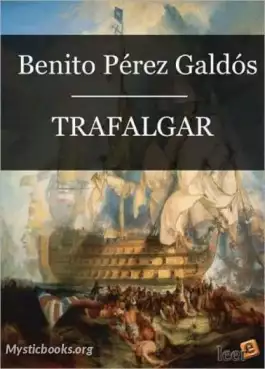
Trafalgar
Trafalgar, es el primero de los 46 Episodios Nacionales, escritos por Benito Pérez Galdós, que es considerado el mayor novelista español después de Cervantes. Galdós narra la intervención de Gabriel Araceli, al servicio de D. Alonso Gutiérrez de Cisn...
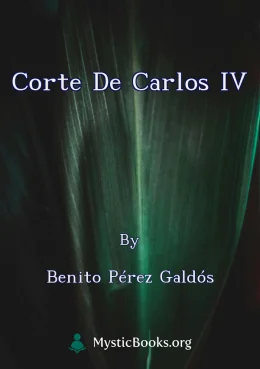
Corte de Carlos IV
La Corte de Carlos IV, la segunda novela de la serie Episodios Nacionales de Benito Pérez Galdós, nos transporta a la España del siglo XVIII, durante el reinado de Carlos IV. La historia se centra en Gabriel Araceli, un joven que se convierte en secr...
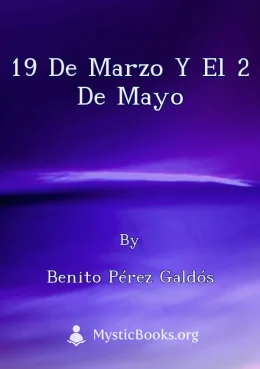
19 de Marzo y el 2 de Mayo
The story follows Gabriel de Araceli, a young man from Cadiz who is caught up in the political turmoil of Spain in the early 19th century. He witnesses firsthand the Motín de Aranjuez, a pivotal event that led to the downfall of King Charles IV. His...
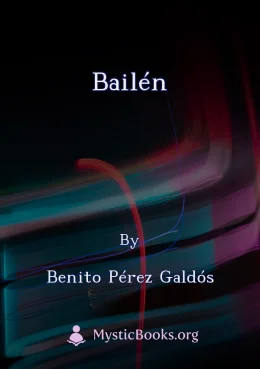
Bailén
Bailén is a historical novel set during the Peninsular War between Spain and France. The novel follows the story of Gabriel de Araceli, a young man who fights against the French invaders. The novel is full of action, adventure, and romance, and it pr...
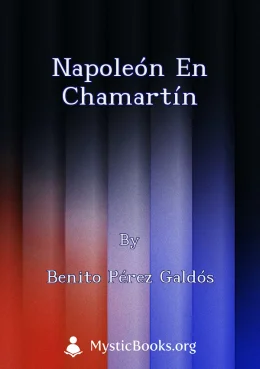
Napoleón en Chamartín
This fifth installment in Galdós's *Episodios Nacionales* series continues the story of Gabriel de Araceli, a young man caught in the turmoil of Spain's struggle against Napoleon's invasion. Gabriel arrives in Madrid seeking his beloved Inés, only to...
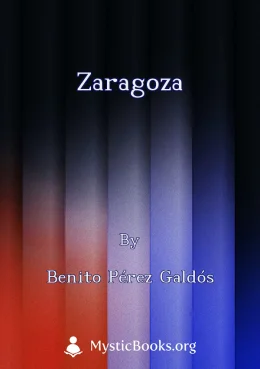
Zaragoza
“Zaragoza” narra la épica defensa de la ciudad de Zaragoza contra el ejército francés durante la Guerra de la Independencia Española. Galdós, a través de la historia de Gabriel de Araceli, un joven preso en manos francesas, explora el valor y la resi...
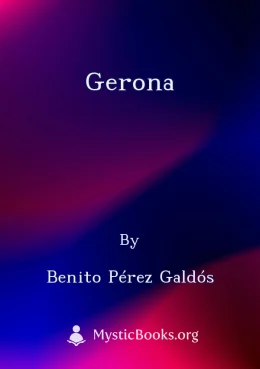
Gerona
Gerona es una novela del escritor español Benito Pérez Galdós que narra el asedio de la ciudad de Gerona por las tropas francesas durante la Guerra de Independencia Española. La novela sigue al personaje de Andrés Marijuán, un antiguo soldado que se...
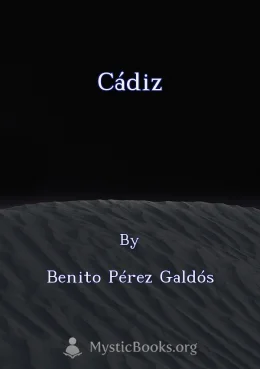
Cádiz
Cádiz, the eighth installment in Benito Pérez Galdós's *Episodios Nacionales*, continues the story of Spain's struggle against Napoleonic rule. The novel focuses on the siege of Cádiz, a key city in the defense of Spain. Within this historical backd...
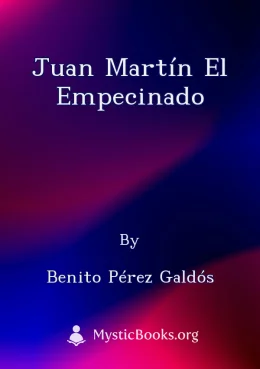
Juan Martín el Empecinado
Set during the Spanish War of Independence against Napoleonic France, "Juan Martín el Empecinado" follows Gabriel de Araceli, a young officer who joins the guerrilla forces led by the legendary Juan Martín el Empecinado. Amidst the brutal realities o...
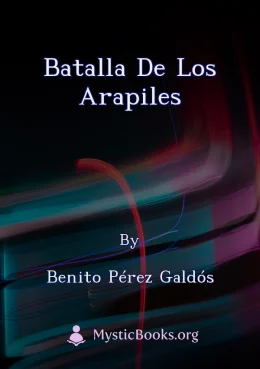
Batalla de los Arapiles
In the midst of the bloody Peninsular War between Spain and France, Gabriel Araceli, a young and idealistic soldier, finds himself at the heart of the pivotal Battle of Arapiles. As he navigates the chaos and danger, he encounters an enigmatic Englis...
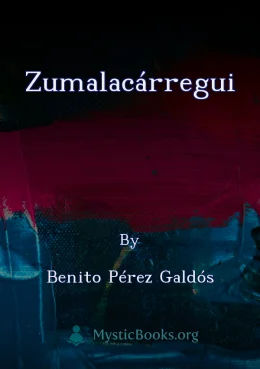
Zumalacárregui
This novel, part of Benito Pérez Galdós's extensive 'Episodios Nacionales', delves into the turbulent period of the First Carlist War in Spain during the 1830s. The story focuses on the exploits of Tomás de Zumalacárregui, a Basque military leader wh...
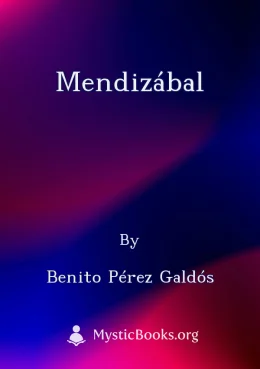
Mendizábal
Mendizábal, a novel by Benito Pérez Galdós, is part of his *Episodios Nacionales*, a series of historical novels that explore key moments in Spanish history. Set during the turbulent First Carlist War and the Regency of Maria Cristina, the story foll...
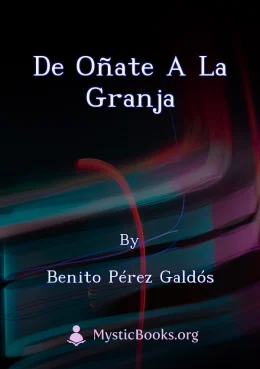
De Oñate a La Granja
De Oñate a La Granja is a historical novel by Benito Pérez Galdós, first published in 1888. It is the third novel in the third series of his Episodios Nacionales, and is set during the First Carlist War (1833-1840). The novel follows the adventures o...
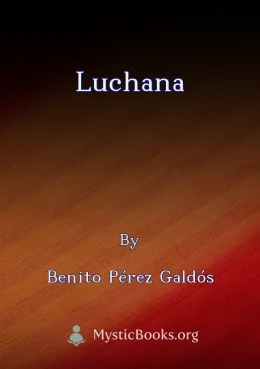
Luchana
Luchana is a novel by Benito Pérez Galdós, the fourth in the third series of his *Episodios Nacionales*. It follows the adventures of Fernando Calpena, a young man entangled in the turbulent world of the Carlist Wars in Spain during the 19th century....
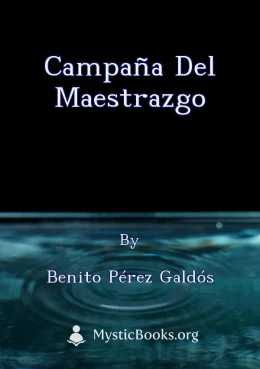
Campaña del Maestrazgo
La novela sigue a Don Beltrán de Urdaneta, un noble aragonés, en su búsqueda de dinero para saldar sus deudas durante la Primera Guerra Carlista. La historia se desarrolla en el contexto de la Campaña del Maestrazgo, liderada por el general Ramón Cab...
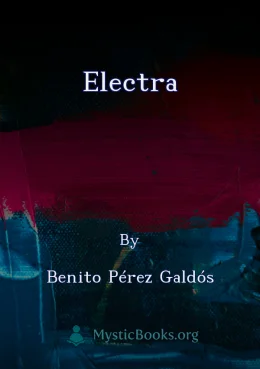
Electra
Electra is a Spanish drama that explores the life of a young woman named Electra, whose past is shrouded in mystery. Raised in a convent, Electra is adopted by her aunt and uncle after her mother's death. She falls in love with the scientist Maximo,...
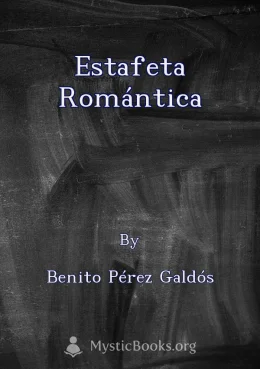
Estafeta Romántica
**Estafeta Romántica** is a historical novel by Benito Pérez Galdós, first published in 1880. It is the sixth novel in the third series of the Episodios Nacionales, and it is set in Spain during the reign of Ferdinand VII. The novel tells the story o...
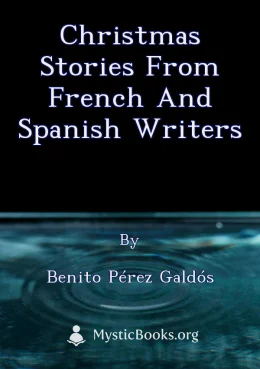
Christmas Stories from French and Spanish Writers
This book is a collection of fifteen short stories by various French and Spanish writers. Each story captures the spirit of Christmas, exploring themes of love, family, generosity, and hope, with a touch of cultural nuance. The stories offer a glimps...
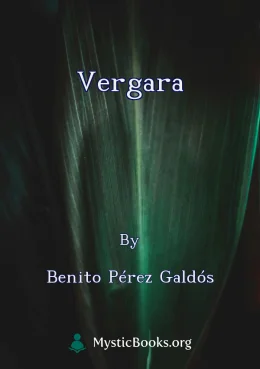
Vergara
Vergara is a historical novel by Benito Pérez Galdós, first published in 1898. Set against the backdrop of the First Carlist War in Spain, the novel follows the fortunes of Fernando Calpena, a young man who is drawn into the conflict on the side of t...
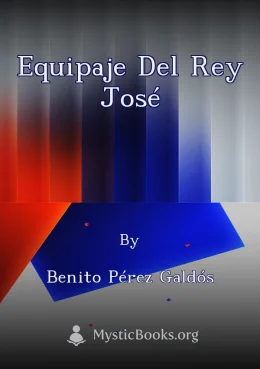
Equipaje del Rey José
This novel delves into the tumultuous political landscape of 19th century Spain, specifically following the aftermath of the Peninsular War. It focuses on the emerging ideologies of liberalism and absolutism, personified in the contrasting characters...
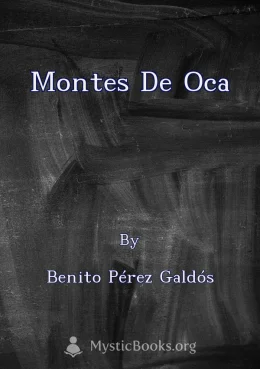
Montes de Oca
Montes de Oca is the eighth novel in the third series of Benito Pérez Galdós' Episodios Nacionales. It takes place in Madrid during the regency of María Cristina following the death of Fernando VII. The novel follows the story of Santiago Ibero, a yo...
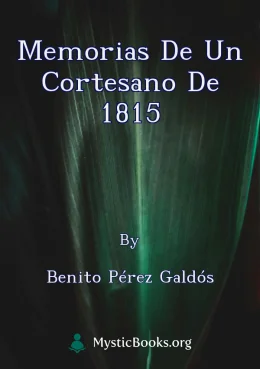
Memorias de un cortesano de 1815
En "Memorias de un cortesano de 1815", Benito Pérez Galdós presenta a Juan de Pipaón, un personaje que representa el ascenso social a través de la astucia y la manipulación durante el reinado de Fernando VII en España. La historia explora las intriga...
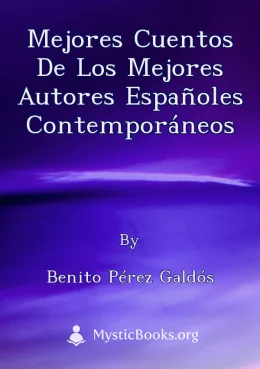
mejores cuentos de los mejores autores españoles contemporáneos
Esta antología reúne una selección de cuentos de autores españoles del siglo XIX, incluyendo nombres como Benito Pérez Galdós, José Echegaray, Emilia Pardo Bazán, Vicente Blasco Ibáñez, Ramón Valle-Inclán, Joaquín Dicenta, y Palacio Valdés. Los cuent...
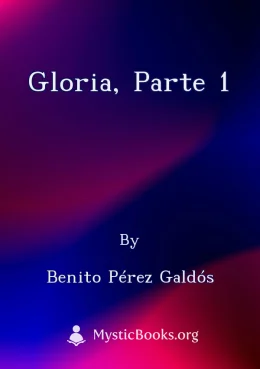
Gloria, Parte 1
Gloria is a novel that delves into the complexities of religious faith and its impact on personal life. Set against the backdrop of 19th-century Spain, the story centers around Gloria, a young woman raised in a deeply Catholic family. As she navigate...
Showing 1 to 24 of 37 results